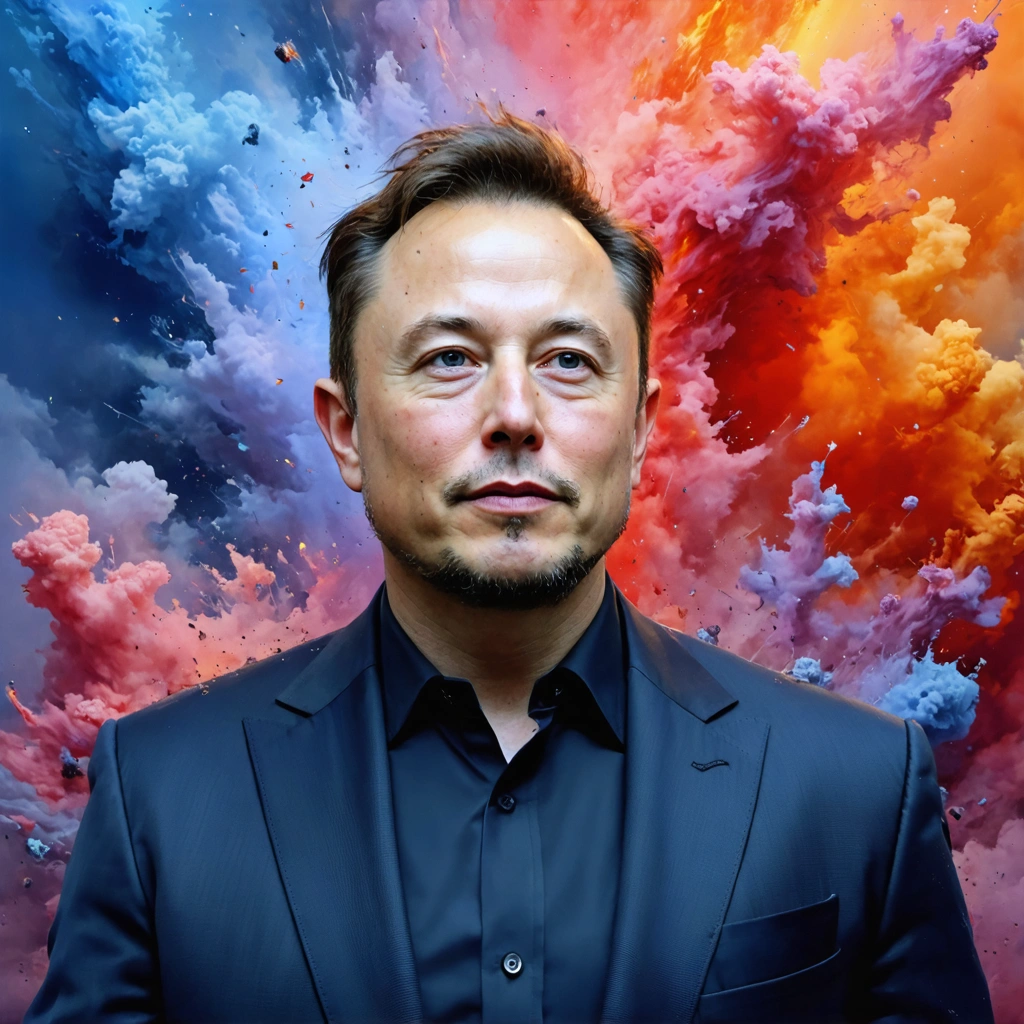
Introduction
The recent briefing organized by the Pentagon for Elon Musk has sparked significant discussion across both government and corporate sectors. This meeting, centered on a potential war with China, highlights an unprecedented expansion of Musk’s involvement in governmental affairs and shines a light on the complex intersections between business interests and national security. As tensions in the U.S.-China relationship grow, understanding the broader implications of such a briefing is essential for policymakers, business leaders, and strategic analysts.
Background: U.S.-China Geopolitical Dynamics
Historical Context and Rising Tensions
For decades, the geopolitical relationship between the United States and China has been characterized by economic interdependence juxtaposed with strategic rivalry. Several factors have contributed to the current state of affairs:
- Economic Competition: Global supply chains and technological leadership have become crucial competitive arenas.
- Military Modernization: Both nations have invested heavily in modernizing their military capabilities.
- Political Influence: Strategic alliances and diplomatic maneuvers have further complicated the bilateral relationship.
Historically, any discussion involving potential hostilities would have been reserved for government officials and military strategists. However, recent developments indicate a shift toward involving influential business magnates whose ventures span critical technologies and industries. This melding of corporate and governmental roles is a topic of intense debate among experts.
Elon Musk’s Expanding Government Role
The Evolution of a Business Leader in State Affairs
Elon Musk is known for his disruptive approach to business innovation and technology. Yet, recent events mark a significant escalation in his governmental involvement. The Pentagon’s decision to provide him with a briefing on a potential conflict with China is not only a signal of trust in his innovative perspectives but also highlights possible conflicts of interest stemming from his business holdings. Key points to consider include:
- Government Advisory Capacity: Musk’s inclusion in national security discussions suggests that non-traditional voices are being incorporated into strategic decision-making.
- Influence on Policy: His involvement may shape policies related to space exploration, artificial intelligence, and cyber infrastructure in unforeseen ways.
- Corporate Interests vs. Public Duty: This duality raises concerns regarding transparency and the potential for conflicting agendas.
Furthermore, the increasing reliance on industry experts to provide insights on complex global challenges reflects a broader trend in modern governance. Traditional governmental roles are evolving, and Musk’s growing involvement serves as a prime example of how business acumen is being integrated into statecraft.
Conflicts of Interest and Strategic Implications
Balancing Corporate Gains with National Security
The integration of high-profile business leaders like Elon Musk into strategic military planning is not without its challenges. The inherent conflicts of interest that arise from overlapping roles can jeopardize clear policy-making and public trust. A detailed assessment of these issues is crucial:
| Aspect | Potential Benefit | Risk Factor |
|---|---|---|
| Innovation in Strategy | Incorporates groundbreaking ideas and advanced technologies | May prioritize profit over public interest |
| Rapid Adaptation | Agile decision-making during crises | Lack of traditional oversight may lead to misalignment with national policies |
| Global Collaboration | Enhanced public-private partnerships | Conflicts may arise when corporate strategies conflict with national security objectives |
These challenges are not new in the context of public-private relationships, yet the current circumstances represent an escalation in complexity. Musk’s involvement is characterized by both a strong desire to innovate and inherent tensions that require careful balancing to ensure the national interest is maintained. Decision-makers must continuously evaluate the alignment between corporate ambitions and the broader mandates of national defense and international diplomacy.
Looking Forward: Strategic and Economic Impacts
Projections and Considerations for the Future
As the briefing sets a precedent for integrating significant business figures into strategic defense planning, several future considerations emerge:
- Enhanced Collaboration: Strengthened ties between government and private sectors could lead to more innovative and efficient approaches to national security.
- Policy Reform: There may be a need for updated regulations to prevent conflicts of interest when private interests are aligned with strategic national objectives.
- Global Response: Rivals, particularly China, may reassess their strategies in light of the increasing involvement of unconventional actors in U.S. decision-making.
A systematic evaluation that includes both economic and strategic risk analysis is recommended. Key factors for moving forward include:
- Developing robust regulatory frameworks that manage conflicts of interest.
- Fostering transparency in the amalgamation of public and private sector strategies.
- Ensuring that national security imperatives remain the primary priority in collaborative efforts.
In conclusion, the Pentagon’s decision to brief Elon Musk on potential strategies for a conflict with China is a watershed moment for both U.S. defense policy and the role of private enterprise in national security affairs. This intersection of technology, economics, and international politics is setting the stage for a new era of strategic planning – one that requires careful oversight, transparent governance, and a balanced approach to harness the benefits of private sector innovation while safeguarding national interests.




